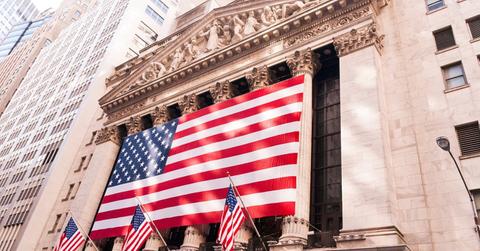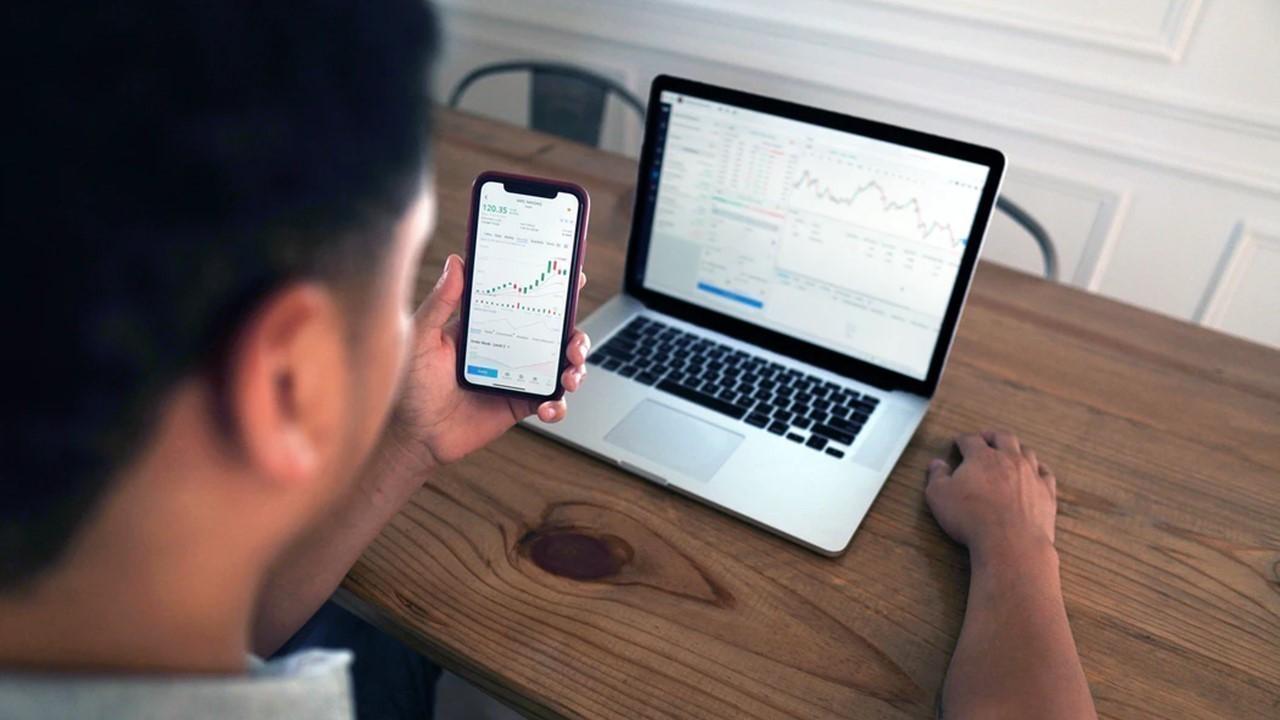What Time Do IPOs Start Trading on a Public Stock Exchange?
When a company goes public through an IPO, the IPO date is when shares are available. However, it can be several hours after the opening bell before investors can start trading.
July 29 2021, Published 2:55 p.m. ET

There are quite a few constants in the world of stock market trading. The hours that the U.S. markets are open remain fairly predictable with a few exceptions on certain stock market holidays. There’s a long and costly process companies must undergo during the months leading up to an IPO on the public market.
Once a company about to go public reaches the date of its official IPO, the wait for retail investors to buy shares of the company isn’t over immediately. On U.S. markets, one more process can cause a delay of several hours after the opening bell before most would-be investors are able to get in on the IPO trading action.
Why is trading delayed on the IPO date?
The day before a company’s IPO, there's a price set based on where investor interest is at that point. The actual debut price on IPO day may be different from this price thanks to a process that occurs the morning of the company IPO.

In a NYSE IPO, even though the opening bell first thing in the morning signals the start of the regular trading day, it can take several hours before trading officially opens up to all investors on the stock market.
On the NYSE, companies must go through price discovery, in which a Designated Market Maker (DMM) leads the process of setting the actual IPO share price. Price discovery requires the DMM to consult closely with company leaders and any other important market constituents. The DMM needs to analyze supply and demand of the stock in question.
The Designated Market Maker conducts an “auction” in which an opening price range is given and the DMM communicates with buyers and sellers. This pricing indication or price range helps potential investors to gauge interest in and the opportunity to buy shares of the new IPO stock.
Throughout the auction process, the price range might update more than once, eventually locking onto one set price for the company shares.
This entire price discovery process is what delays the official opening of any new stock on the NYSE. It might take a few hours for a stock to become available to individual retail investors after the opening bell to start trading.

On the Nasdaq, it's also common for a new IPO stock to start trading a few hours after the opening at 9:30 a.m. ET. A stock might be released for quotation within an hour or two of opening and then be eligible for trading approximately 10 minutes later.
What are the regular stock market hours?
On a regular weekday, the U.S. stock market opens at 9:30 a.m. ET and it's open until 4:00 p.m. ET. That applies for both the New York Stock Exchange (NYSE) and the Nasdaq. However, new IPO shares aren't available immediately upon the opening of the stock exchanges and can have a delay of several hours.
Both the NYSE and Nasdaq close early on a few other occasions throughout the year.
